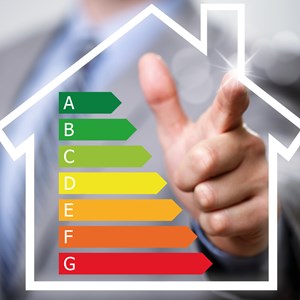NEWS

Two draft CEN Workshop Agreements (CWAs) developed by CEN/WS IPCI ‘Improvement of information processing in crisis management of critical infrastructures for computer assisted data gathering, display and reporting’ are now open for public commenting.

On 27 April, Austrian Standards was delighted to welcome young girls aged between 11 and 16 to the House of Standards & Innovation on Heinestraße as part of the 11th edition of the Vienna Daughters' Day.

Every day, there is an intense circulation of road and rail vehicles transporting various sensitive goods: fresh fruits, meats, flowers, vaccines, organs, medical devices, or chemicals. To be safely transported and ensure they keep their properties, these goods need to be kept at a constant controlled temperature in appropriate vehicles equipped with the necessary equipment.

This CEN Workshop Agreement (CWA) aims to cover standardisation gaps of the evaluation phase and lessons learnt documentation of an exercise of crisis management.

On 24 March 2023, the CEN General Assembly approved the application of SON (the Standards Organisation of Nigeria) to become a CEN Companion Standardization Body (CSB).

EUBsuperhub is a European project funded by the European Union's H2020 research and innovation programme under grant agreement No 101033916. The project will support the evolvement of the certification process in Europe by the development of a scalable methodology to view, assess and monitor the buildings through their lifecycle, in a virtual marketplace.

This CEN Workshop Agreement (CWA) aims to cover limitations in existing practices related with the design and planning of Search and Rescue exercises.

Various anonymisation and pseudonymisation techniques exist, some of which are standardized. Nevertheless, the risk of a data breach for anonymised data and therefore that of re-identification of individuals remain significant. Therefore, institutions and commercial companies that may create or disseminate databases without identifiers are thus looking for a simple tool to measure this extreme risk of re-identification.

The CEN workshop ' Digital health innovations – Good practice guide for obtaining user consent for personal health information' was kicked off on 22 July 2022. The Workshop registered participants have agreed on the final draft of the CWA.

The CEN Workshop “Mediation Grammar: a standard to enable migrants integration”, has developed its first draft CWA.